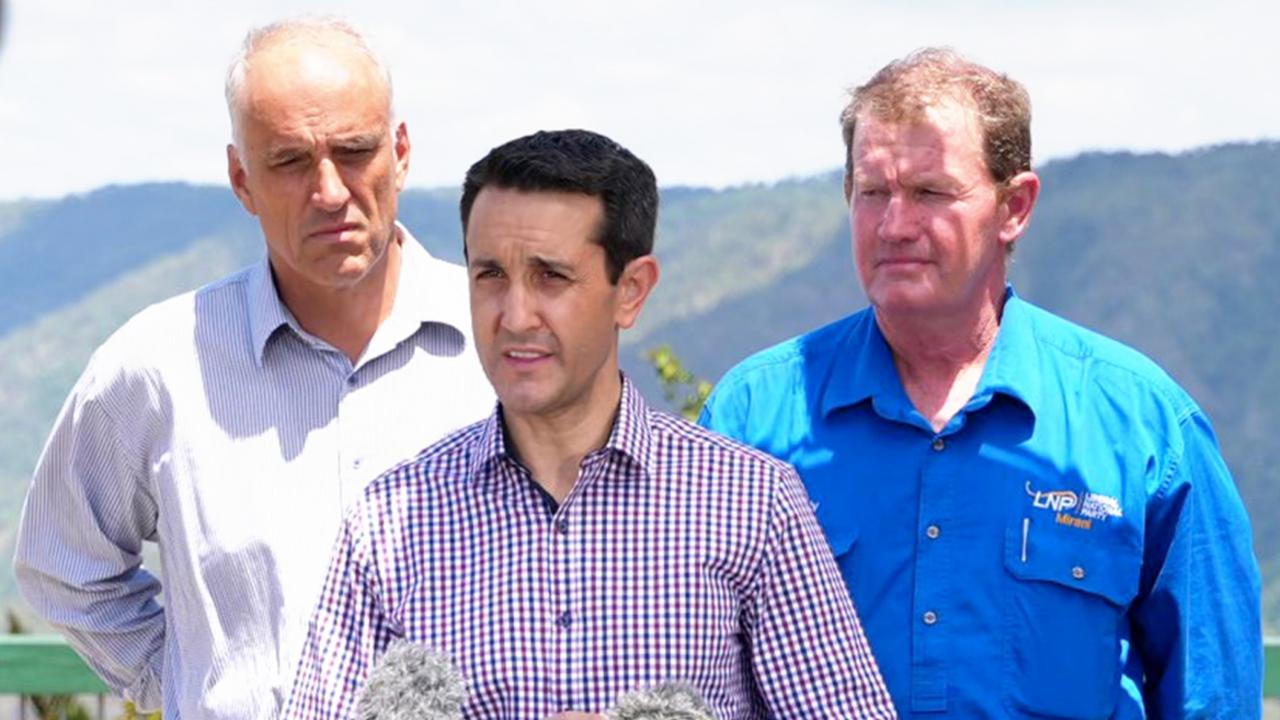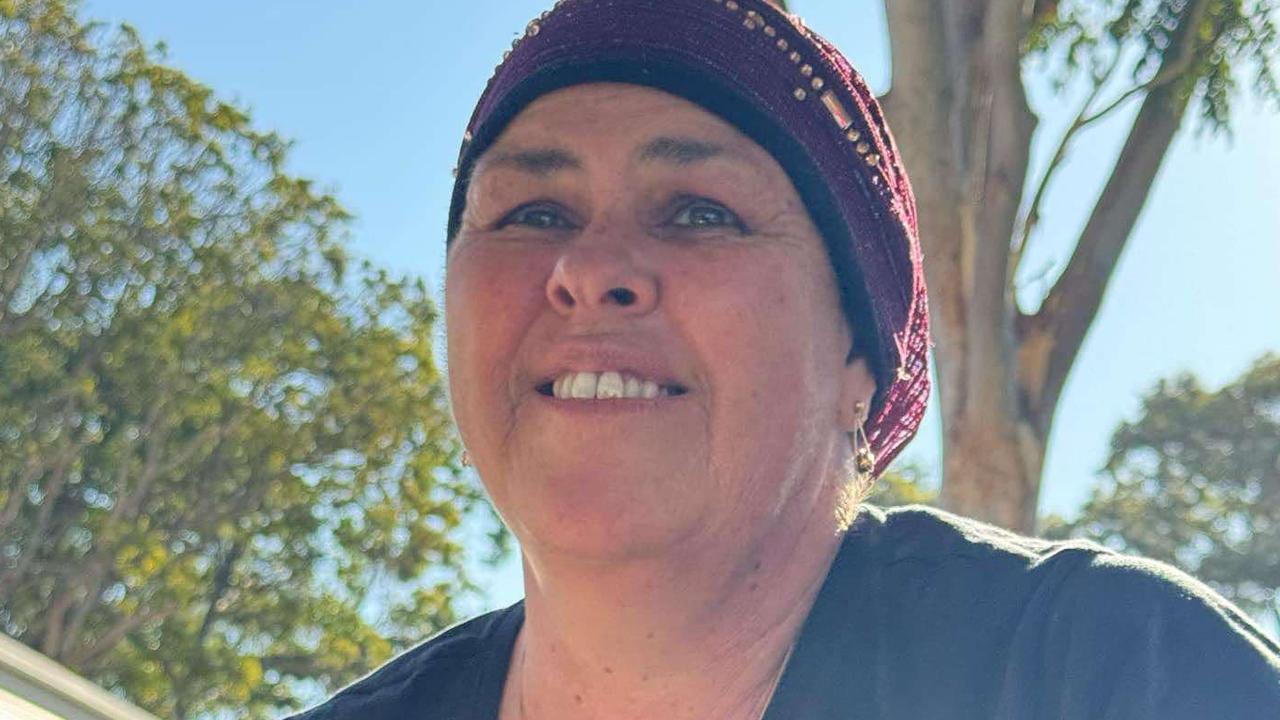Delta outbreak threatens Singapore’s ‘living with Covid-19’ plan
After a successful vaccine rollout, Singapore was ready to live with covid and reopen. But a new Delta outbreak has put that under threat.
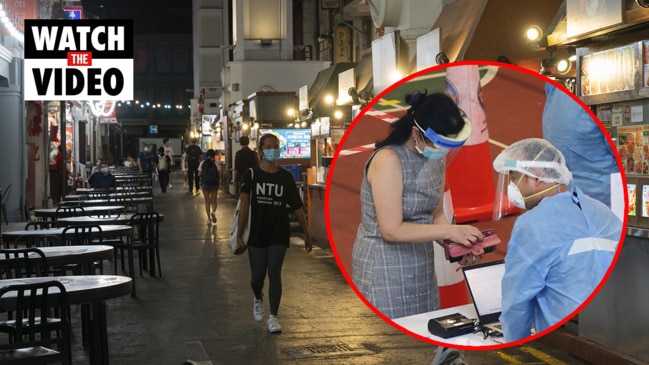
News
Don't miss out on the headlines from News. Followed categories will be added to My News.
After a successful vaccine rollout, Singapore was ready to pivot from a long-held zero tolerance approach to Covid-19 to living with the virus and reopening to the world.
But a new outbreak of the highly infectious Delta variant has put a lid on any further restriction easing, with authorities warning they may need to reimpose measures if the virus can’t be contained.
The number of infections in Singapore has doubled in the past week, according to the country’s Ministry of Health, reporting 1325 cases in the last seven days, up from 723 the week before.
Head of Singapore’s Covid-19 task force, Lawrence Wong, said on Monday it’s not just the total number of daily cases that’s concerning the government, but “the rate at which the virus is spreading”.
“If we continue on this trajectory of infection, it means we could have 1000 cases in two weeks, or possibly 2000 cases in a month,” he said of the reproduction rate of the virus currently being higher than one.
“We know from the experience of other countries that when cases rise so sharply there will be many more ICU cases and many more people succumbing to the virus.”
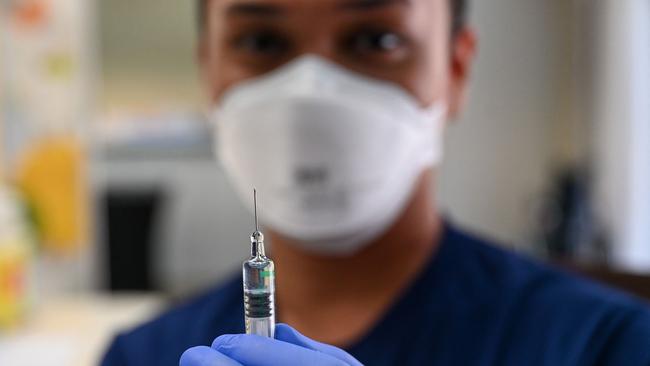
Mr Wong said the outbreak has halted any further reopenings, with officials announcing a ban on gatherings and interactions at workplaces and urging people to limit any unnecessary social events.
Health authorities will try to “ring-fence” cases and clusters and implement more aggressive contact tracing, he said, to bring the outbreak under control without further tightening restrictions — a reflection of Singapore’s new policy, high vaccination rates and ability to maintain a level of openness even with climbing infection numbers.
“But if despite our best efforts, we find that the number of serious cases needing oxygen in ICU care goes up sharply, then we may have no case but to tighten our overall posture, so we should not rule that out,” he warned.
The messaging is quite a pivot for Singapore, which, for almost of the entirety of the pandemic, had pursued the goal of Covid Zero — shutting restaurants, closing borders and enforcing social distancing in order to do so, not unlike Australia.
But in June, the government announced it was planning to move toward a living with Covid strategy, where it would attempt to control outbreaks with vaccines and monitor hospitalisations rather than restrict citizens’ lives.
“The bad news is that Covid-19 may never go away. The good news is that it is possible to live normally with it in our midst,” Mr Wong, along with Trade Minister Gan Kim Yong and Health Minister Ong Ye Kung, wrote in an op-ed at the time.
“We can turn the pandemic into something much less threatening, like influenza, hand, foot and mouth disease, or chickenpox, and get on with our lives.”
The decision to pause any further restriction easing was based on epidemiological models and “understandable” theoretical concerns, the National University of Singapore’s (NUS) Jeremy Lim told the South China Morning Post.
But, Dr Lim said, Mr Wong’s words were “a bitter pill to swallow for the vast majority of Singaporeans who have dutifully followed the government’s directions, and were expecting September to herald the full start of a Covid-resilient era”.
Senior consultant of infectious diseases at the NUS Yong Yoo Lin School of Medicine, David Allen, agreed.
Dr Allen told the SCMP that Singaporeans were getting more informed and familiar with the virus, and this, combined with pandemic fatigue, would likely result in more irritation at restrictions than at case numbers.
“On one hand, Singapore has been saying it’s ready to move into the next phase of the pandemic, which must involve some degree of letting go and accepting cases will rise. Yet when cases rise, there is a volte-face and a tightening of restrictions,” said Alex Cook, NUS’ vice dean of research at the Saw See Hock School of Public Health.
“If Singapore is never willing to let cases rise, it will be stuck fighting the pandemic for years.”
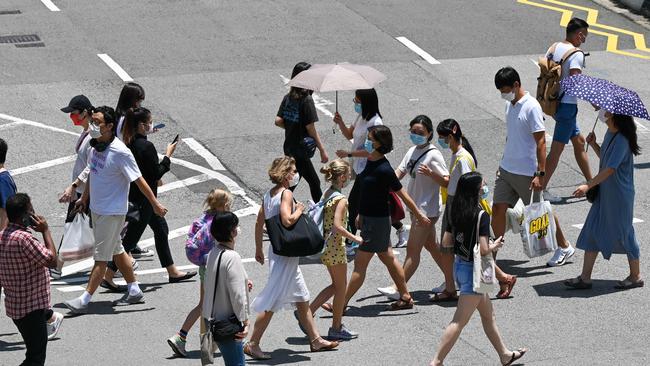
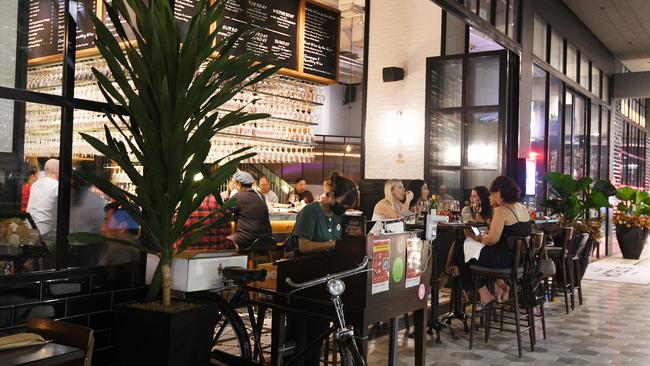
According to Chair of the World Health Organisation’s Global Outbreak Alert and Response Network, Dale Fisher, Singapore’s exit strategy was appropriately “cautionary and stepwise”.
The recent spike in cases provided a gauge on the amount of hospitalisations, Dr Fisher said, leading authorities to temper social activities in order to slow the rate of increase.
“If extreme numbers of cases translate into large numbers requiring hospitalisation, then it will take the reintroduction of harsh measures to reverse. A more gradual exit strategy allows us to monitor and mitigate as we go,” he said.
“There is a lot of apprehension as we move forward step by step, having had such good control through the pandemic, to now change tack and let the case numbers drift up.”
Senior lecturer in health and medical humanities at the University of Sydney, Claire Hooker, echoed Dr Fisher’s sentiment. She said that explaining endemicity and how a country would live with Covid-19 was not as straightforward as encouraging people to get vaccinated.
“Telling people to live with Covid-19 is more complicated partly because we are back to a state of uncertainty and arrangements are going to be made on the fly,” she said.
“You can’t give people a simple message that is certain.”
Originally published as Delta outbreak threatens Singapore’s ‘living with Covid-19’ plan




